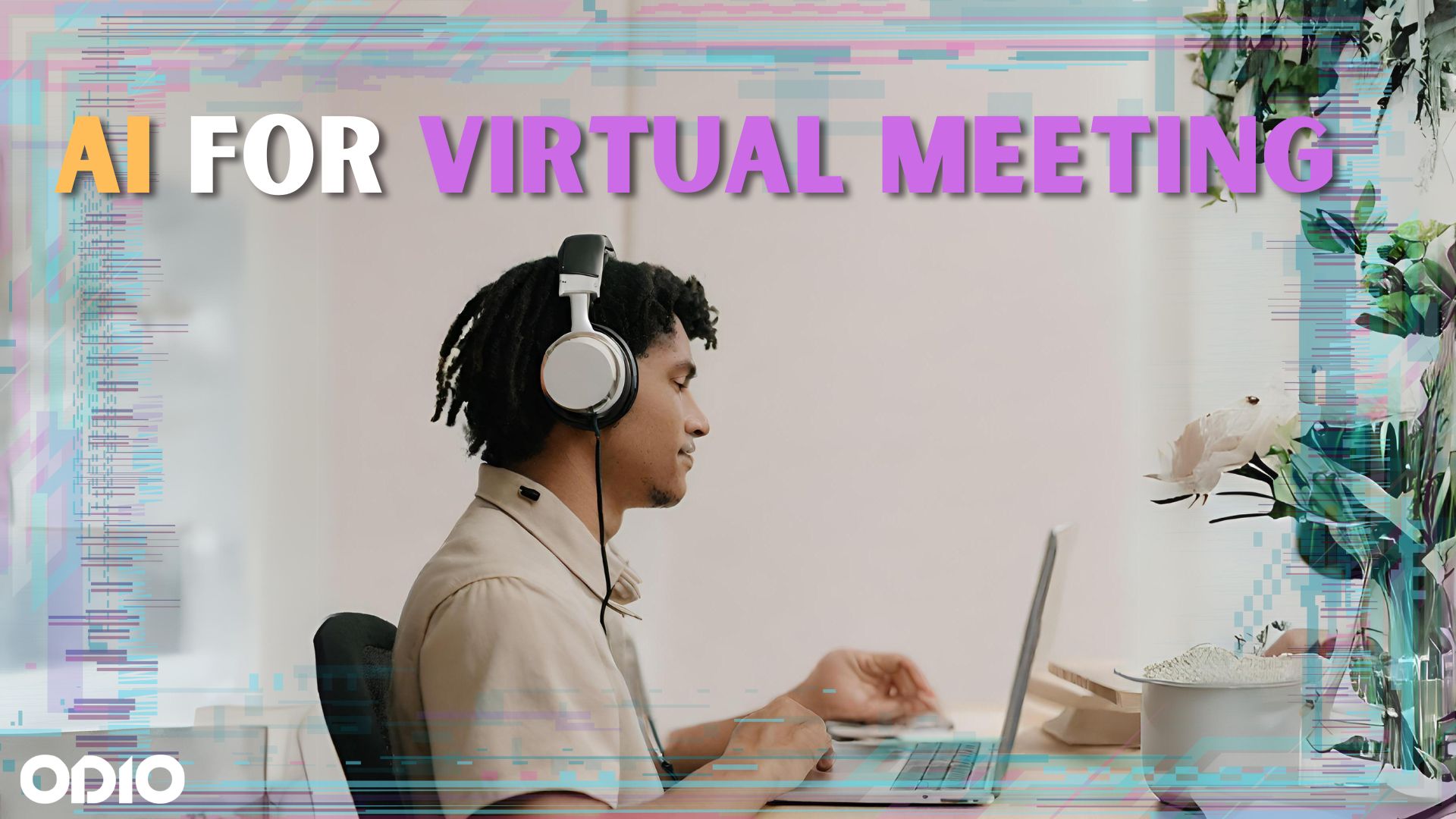Introduction:
In the rapidly evolving landscape of professional interactions, the shift to virtual meetings has become more profound than ever. Imagine a scenario where every virtual meeting seamlessly aligns with your objectives, enhances productivity, and captivates every participant. This is not just a utopian vision; it’s the emerging reality powered by Artificial Intelligence (AI). Let’s embark on a journey through the statistics, success factors, and challenges that define the era of AI for virtual meetings.
Characteristics of a Successful Meeting
In the professional realm, successful meetings share common traits – engagement, clear communication, and goal attainment. AI steps in as a silent orchestrator, understanding patterns of interaction, optimizing agendas, and suggesting content that resonates. According to a survey conducted by Harvard Business Review, 78% of professionals believe that AI enhances meeting effectiveness by streamlining communication and ensuring focused discussions.
The Impact on Productivity and Meeting Effectiveness
AI’s integration into virtual meetings directly correlates with enhanced productivity. Real-time language translation, automated agenda creation, and sentiment analysis contribute to efficient communication. A study by McKinsey & Company reveals that organizations embracing AI in meetings witness a 20% increase in meeting efficiency, ultimately boosting overall productivity.
Generative AI Use Cases for Meeting Effectiveness
Generative AI transcends mere automation, actively contributing to meeting content creation. From drafting meeting summaries to generating insights from discussions, AI serves as an invaluable collaborator. The utilization of generative AI in virtual meetings is not just a trend; it’s a strategic move towards efficient knowledge management and decision-making.
Challenges of AI Tools for Virtual Meetings
However, with great innovation comes unique challenges. AI tools must grapple with issues such as data security, algorithm bias, and the potential to overshadow human creativity. A report by MIT Technology Review emphasizes the importance of addressing these challenges to ensure that AI complements, rather than replaces, human input in virtual meetings.
Conclusion: Future of Virtual Meetings
As we traverse the terrain of AI-powered virtual meetings, it’s evident that the future holds immense promise. The synergy between human ingenuity and AI assistance is poised to redefine collaboration. Are we ready to embrace a future where every virtual meeting is not just a necessity but a dynamic experience that propels us towards unprecedented success?
Thank you for reading. We hope this article has been helpful in providing you with valuable information. For more insightful blogs like this, please follow our blogs at Odio.

Leave a Reply